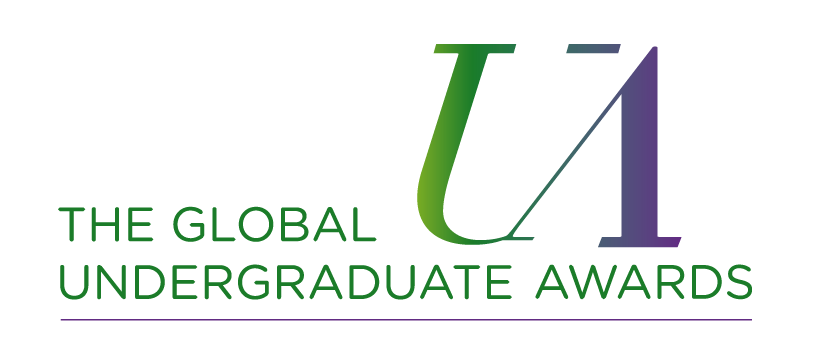Document Type
Article
Publication Date
2020
Abstract
Despite the preeminence of his name within the annals of modern political thought, little is known definitively about the ideological beliefs of Alexis de Tocqueville. His two-volume publication, De La Démocratie en Amérique ( On Democracy in America ), is revered as a guiding work of the American republican tradition. Conservatives claim him as a defender of their cause, whereas liberals claim him a champion of their own. As a project of intellectual history, this paper attempts to penetrate the veil subtly covering Tocqueville’s nuanced ideological convictions insofar as they can be ascertained from his Démocratie . What can be said with confidence is that Tocqueville owes a great debt to his eighteenth-century predecessor, Baron de Montesquieu, and his principal work of political philosophy, De l'esprit des loix ( The Spirit of the Laws ). This paper coins the unique concept of conservative innovation, first suggested by Montesquieu and later elaborated upon by De Tocqueville, to describe the reconciliation of traditionally conservative and traditionally liberal elements within a society. By individually dissecting and then comparing the authors’ works, the two are revealed to have advocated for moderation in a state regardless of its form of government—be it monarchy, democracy, or despotism. Moreover, Tocqueville is deemed to favor a form of moderate liberal democracy which is perfected and persisted through the reincorporation of aristocratic moeurs (virtues, manners, ideals) in both political and civil society. This is Tocqueville’s philosophy of conservative innovation in modern society. Ultimately, I have chosen to undertake this project in order to piece together a hitherto deficient intellectual history, whereby both liberals and conservatives may be married to an idea greater than themselves: that is, pluralism.



